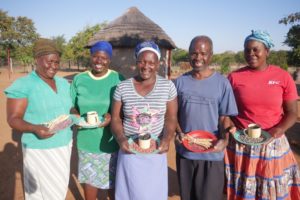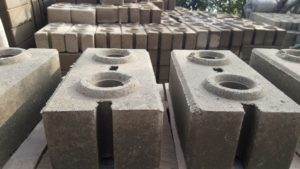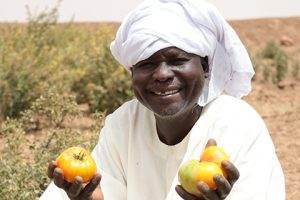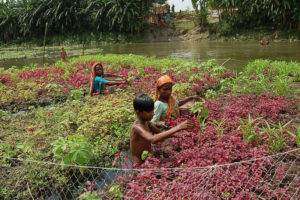Our work is helping some of the world’s most vulnerable people build a brighter post-crisis world. And our approach – local, community-owned solutions, natural small-scale technologies, sustainable change – is being recognised by forward-thinking individuals, organisations and governments around the world.
We’re at a crossroads. For over fifty years, unconventional experts, partners and donors have supported a radically different approach to global poverty. Now, the world is listening. Here are four times in the past few months our unique approach has been recognised and celebrated.



